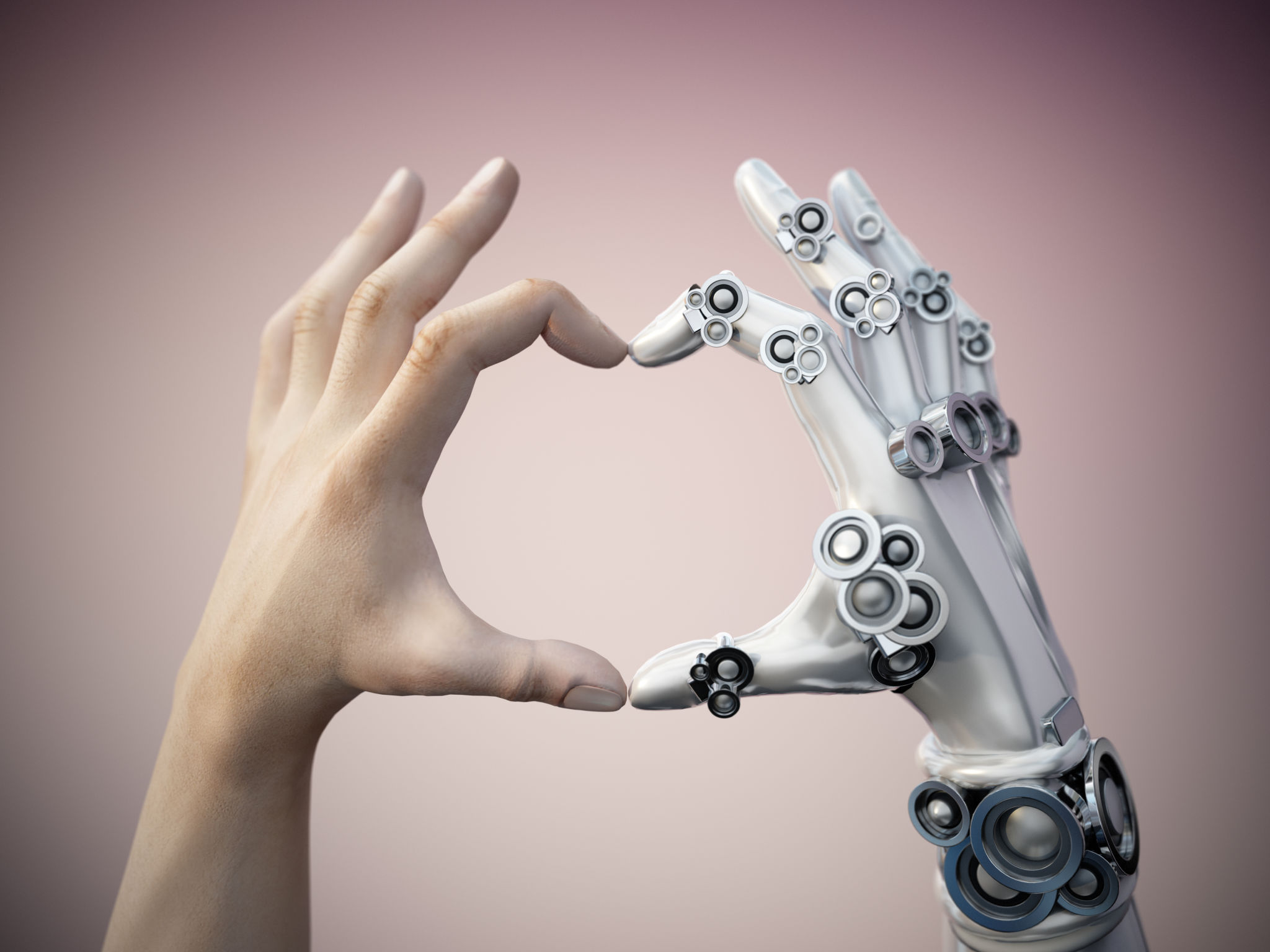UBI and AI: A Partnership for Prosperity or a Recipe for Disaster?
Universal Basic Income in the Age of AI
The concept of Universal Basic Income (UBI) is gaining renewed attention as we navigate an increasingly AI-driven world. While UBI remains a relevant topic, it demands thorough examination and thoughtful implementation.

Evolving Employment Landscape
The rise of artificial intelligence and automation is dramatically altering the job market. Many traditional roles face potential obsolescence, highlighting the need for economic safeguards like UBI. Recent research, however, indicates that simply distributing cash may not sufficiently address the intricate challenges posed by an AI-dominated economy.
Education and Skill Enhancement
The limited effect on human capital investments observed in recent studies underscores the importance of pairing UBI with focused education and skill development initiatives. As AI technology advances, we must prioritize equipping individuals with abilities that complement AI systems rather than attempting to compete with them.

Psychological and Social Considerations
Findings related to increased leisure time and varied health outcomes emphasize the need to consider UBI's psychological and social impact in an AI-driven society. With automation potentially reducing conventional work opportunities, we must seek innovative ways to foster mental well-being and social engagement beyond traditional employment.
Adaptive Implementation Approaches
Given the diverse outcomes noted in recent studies, future UBI programs in an AI-centric world should explore more adaptable and individualized strategies. This might involve integrating cash transfers with AI-powered platforms offering personalized financial guidance, career advice, and skill-building suggestions.
Innovative Funding Solutions
The substantial costs linked to UBI implementation remain a significant hurdle. In an AI-driven economy, exploring creative funding models, such as levies on AI-generated profits or automation taxes, could offer sustainable means to support UBI initiatives.

The study's narrow emphasis on cash transfers alone may have constrained its effectiveness.
UBI Study Insights and Potential Enhancements
A three-year study conducted by OpenResearch, involving 1,000 low-income participants receiving $1,000 per month, yielded intriguing results. While recipients spent more on basic needs, they worked slightly less and experienced no significant improvements in job quality or entrepreneurship. Initial gains in food security waned over time, and recipients reported more disabilities and health issues without increased healthcare access.
Several factors contributed to the study's perceived shortcomings. Recipients experienced decreased productivity and income, and initial improvements in areas like food security were not maintained. The study also revealed unintended consequences, such as increased health problems, and had a limited impact on employment quality. Moreover, recipients did not substantially invest in education, skills training, or preventive healthcare. Implementing a similar program nationwide would be prohibitively expensive.
The study's narrow emphasis on cash transfers alone may have constrained its effectiveness. Potential enhancements to the program could include:
1. Financial literacy education to help recipients manage their finances more effectively.
2. Career development support to encourage more productive use of the additional income.
3. Integration of health and wellness initiatives to address unexpected health issues.
4. Gradual reduction of benefits to incentivize recipients to maintain or increase work hours.
5. Encouragement of community engagement to foster a sense of purpose and social connection.
By addressing these limitations and incorporating more comprehensive support systems, future UBI programs could potentially yield more favorable outcomes and contribute to the overall well-being of participants.

Where do we go from here?
Ultimately, while recent UBI studies have revealed challenges, they also provide valuable insights for refining and adapting the concept to our evolving AI-driven future. By tackling identified limitations and incorporating more comprehensive support mechanisms, UBI could play a vital role in ensuring economic stability and social welfare as we navigate the transformative effects of artificial intelligence on our society and economy.
